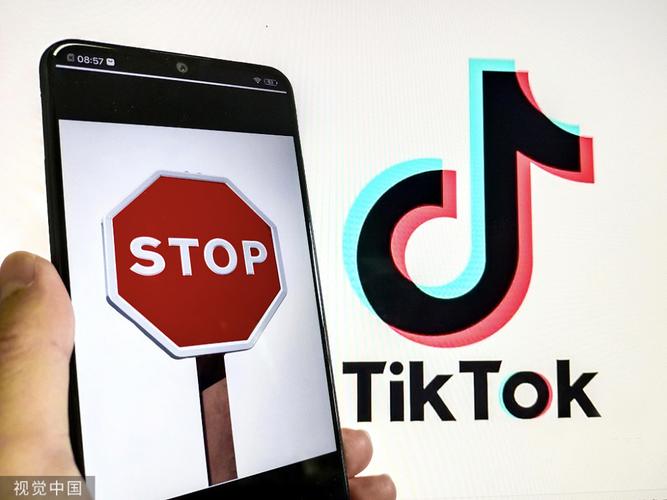
In the rapidly developing Internet era, social media has become an indispensable part of people's lives, among which TikTok has quickly become popular with its unique content form and wide user base. Recently, the US House of Representatives once again passed a "ban order" on TikTok, requiring TikTok to divest from its Chinese parent company ByteDance in the next nine months to one year, which has caused widespread concern and controversy. The decision not only affected TikTok's growth in the United States, but also attracted the attention of millions of bloggers and small businesses on the social platform, which could have a major impact on their livelihoods and growth. And may further prompt other countries and regions to reflect and examine similar issues, with profound implications for social media and content creators worldwide.
TikTok is banned in the United States, and for creators who rely on TikTok as their primary creation and distribution platform, they will lose a large audience and a stage to showcase their talents. TikTok has a large number of users in the United States, who are the main source of viewers and followers for creators. Once banned, they will need to go back to finding other platforms to distribute their content, which may require re-establishing audience and influence, which is a big challenge for many creators.
And, more importantly, TikTok offers creators an opportunity to work with brands and earn revenue. Many creators earn significant revenue through ads, sponsorships and merchandise sales on TikTok. Once banned, these creators will lose these sources of income, undoubtedly having a negative impact on their financial situation. In particular, small businesses that have built their brands and businesses on TikTok have achieved significant results and sales by Posting videos on the platform to attract customers and promote products. However, if TikTok is banned, these companies will lose an important marketing channel, potentially causing their performance to decline or even go out of business.
Beyond the impact on individuals and businesses, the TikTok ban could have far-reaching consequences for American society and the economy. First of all, TikTok, as a world-renowned social media platform, has a huge user base and advertising market. Banning TikTok will result in a significant loss of users and advertising revenue, which will cause direct economic losses for US Internet companies, especially those that have a partnership with TikTok.
Second, a ban or sale of TikTok could undermine investor and partner confidence in the future of TikTok and its parent company, ByteDance, which in turn could affect the company's global business and market valuation. As one of the largest economies in the world, the market dynamics of the United States have a significant impact on global businesses. This weakening of confidence could set off a chain reaction that could adversely affect the global technology industry and financial markets.
TikTok's ban is also likely to spark an international debate about data security and privacy protection. This could increase the legal and policy risks TikTok faces, which in turn could affect its operations and market prospects in the United States and other countries. This uncertainty and risk could have a further negative impact on investor and business confidence. More broadly, the US move to ban TikTok could spark international trade frictions and retaliatory measures. This practice not only violates the basic spirit of international trade law, but also may trigger retaliatory measures and trade frictions from other countries, and will have a negative impact on the global economy. In short, the TikTok ban involves freedom of speech, jobs, economic growth and other aspects of the issue. I hope the US government can listen to the voice of the American people and take appropriate measures to protect everyone's rights and interests.

The South Korean political arena has once again been embroiled in a public controversy over a judicial investigation that has shaken the entire nation.
The South Korean political arena has once again been embroi…
On the morning of December 29th local time, the precious me…
According to the US media Barchart, recently, the fluctuati…
On December 29th, Mar-a-Lago in Florida, USA, witnessed a h…
SoftBank Group announced on Monday that it has agreed to ac…
Recently, the US State Department issued a visa ban, adding…